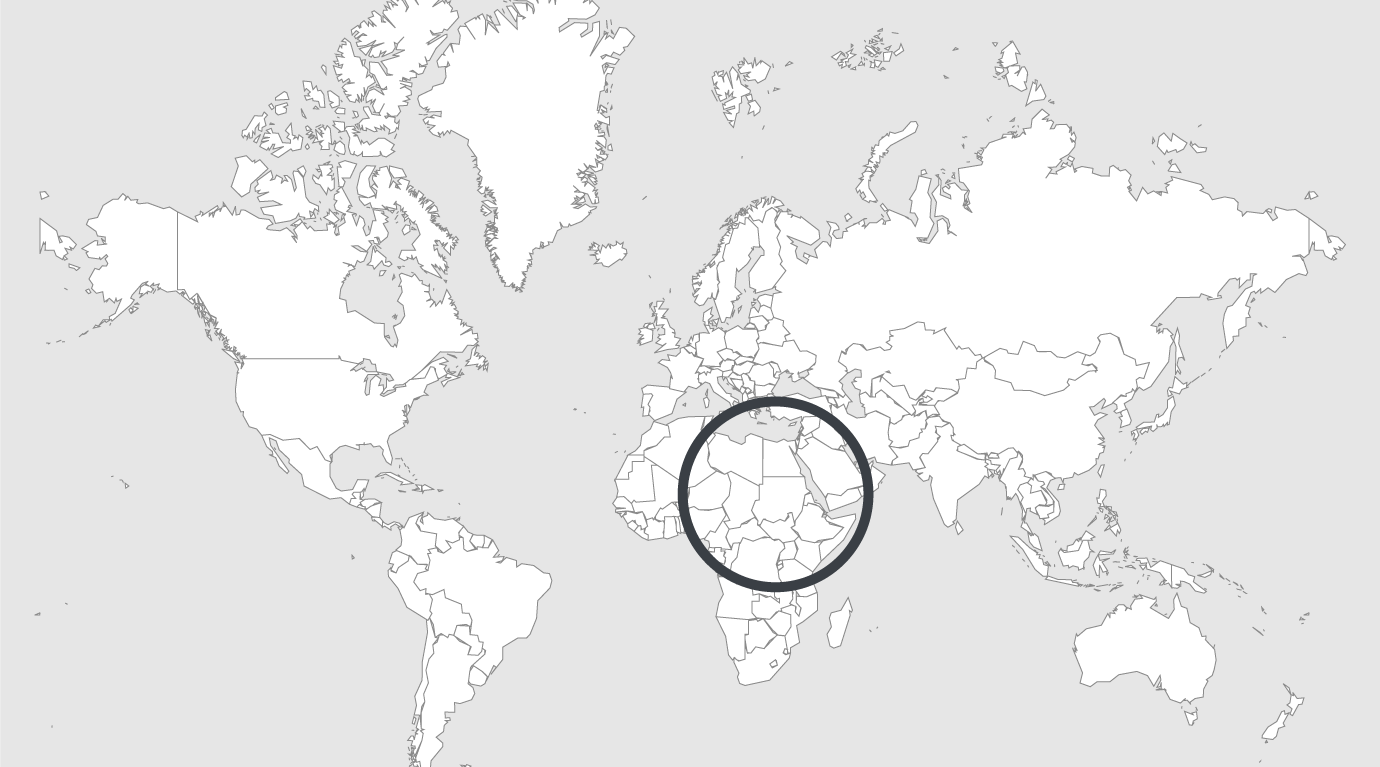
Explore
Lebanon’s interior minister pushes for prison reform amid calls for radical change
During an interview with the Lebanese paper L’Orient-Le Jour on Feb. 22, new Minister of Interior Raya al-Hassan stated that reforming Lebanon’s overcrowded and abuse-ridden prison system is high on her agenda.
“Indeed, some projects have been implemented by my predecessors, but much remains to be done,” Hassan said.
Since then, Hassan appears to have made progress on this front. On March 28, she and Maj. Gen. Imad Osman, the director general of the Internal Security Forces (ISF), announced a $2.5 million program funded by the US State Department’s Office of International Narcotics and Law Enforcement Affairs.
The program will train officers of the ISF to implement prison management plans, inmate classification practices and prisoner rehabilitation strategies according to internationally recognized standards, and comes on the heels of past assistance that the United States has given the ISF, which totals nearly $200 million.
On April 30, Hassan told Al-Arabiya that construction of a new prison in Lebanon’s north would soon begin, which would help relieve strains on other detention facilities.
Hassan’s efforts may be steps in the right direction, but according to nongovernmental organizations (NGOs) and former inmates, Hassan’s latest push does not go far enough and fails to tackle the inadequate resources, patterns of abuse, pre-trial detention and economic effects of detainment that plague the country’s criminal justice system. As the failures of Lebanese prisons have continued to pile up, calls for prisoner amnesty from inmates, activists and politicians alike have steadily been gaining steam.
Father Najib Baaklini is the president of the Association Justice et Miséricorde (AJEM), a Lebanese NGO that supports inmates and former prisoners, and advocates for the abolition of torture and the death penalty in Lebanon. He argues that reforms and training are only part of the solution.
Read full article
